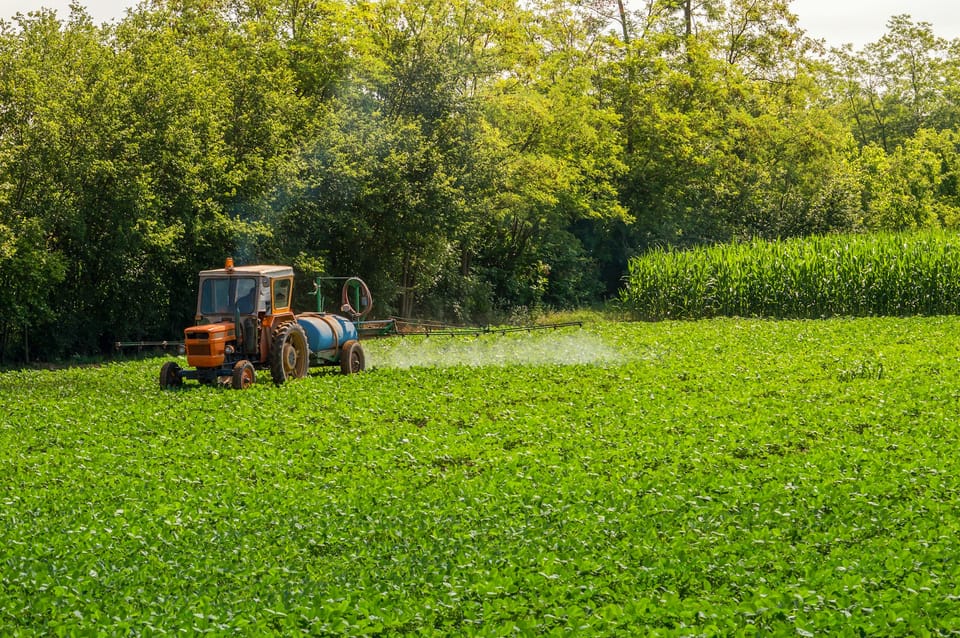EU's Proposal to Cut Synthetic Pesticide Use by 50 Percent: Environmental Aspirations Meet Food Security Concerns

EU's Ambitious Pesticide Regulation Proposal
The European Union has announced a proposal to reduce the use of synthetic pesticides by 50% by the year 2030. This initiative has sparked intense debate among various stakeholders including farmers, environmentalists, and policymakers. The primary goal of this regulation is to ensure environmental protection and biodiversity, recognizing the detrimental effects synthetic pesticides can have on ecosystems and their contribution to climate change.
However, the proposal has stirred significant concerns about food security. Critics argue that reducing pesticide usage could lead to lower crop yields, potentially threatening food security. As synthetic pesticides are currently widely used to control pests and maintain crop productivity, this drastic reduction could pose challenges for farmers relying on these substances to protect their crops.
Regenerative Farming and Food Security
Amidst these debates, proponents of regenerative farming have highlighted its benefits as a sustainable alternative. Regenerative farming practices focus on soil health and biodiversity, suggesting that these methods can ensure long-term food production without relying heavily on synthetic pesticides. Techniques like intercropping and companion planting are key elements of regenerative agriculture, enhancing soil health and reducing pest pressures naturally.
Soil health is fundamental to regenerative agriculture, supporting the growth of nutrient-dense crops and maintaining ecosystem balance. Practices such as composting and cover cropping are essential in maintaining soil vitality. Importantly, these methods align with the objectives of the EU proposal, aiming to mitigate environmental damage while promoting a sustainable approach to food production.
Balancing Farmers' Perspectives and Financial Models
The reactions from farmers have been mixed. Some support the regulation, seeing it as a positive step towards environmental stewardship, while others worry about the potential economic impacts on their livelihoods. Thus, there is a clear need for a balanced approach that addresses both environmental objectives and the practical concerns of food production and farmers' welfare.
Financing regenerative agriculture presents another layer of complexity. Traditional financial models often fail to accommodate the unique returns and risks associated with regenerative practices. The cultural divide between farmers and investors further complicates financing efforts. New strategies and financial instruments are being developed to bridge these gaps and support the transition to regenerative practices. Community engagement and education are equally critical. Local initiatives play a vital role in disseminating knowledge and practices, ensuring the sustainability of regenerative agriculture for future generations.
Looking for updates? Sign up to our newsletter for weekly snippets.


